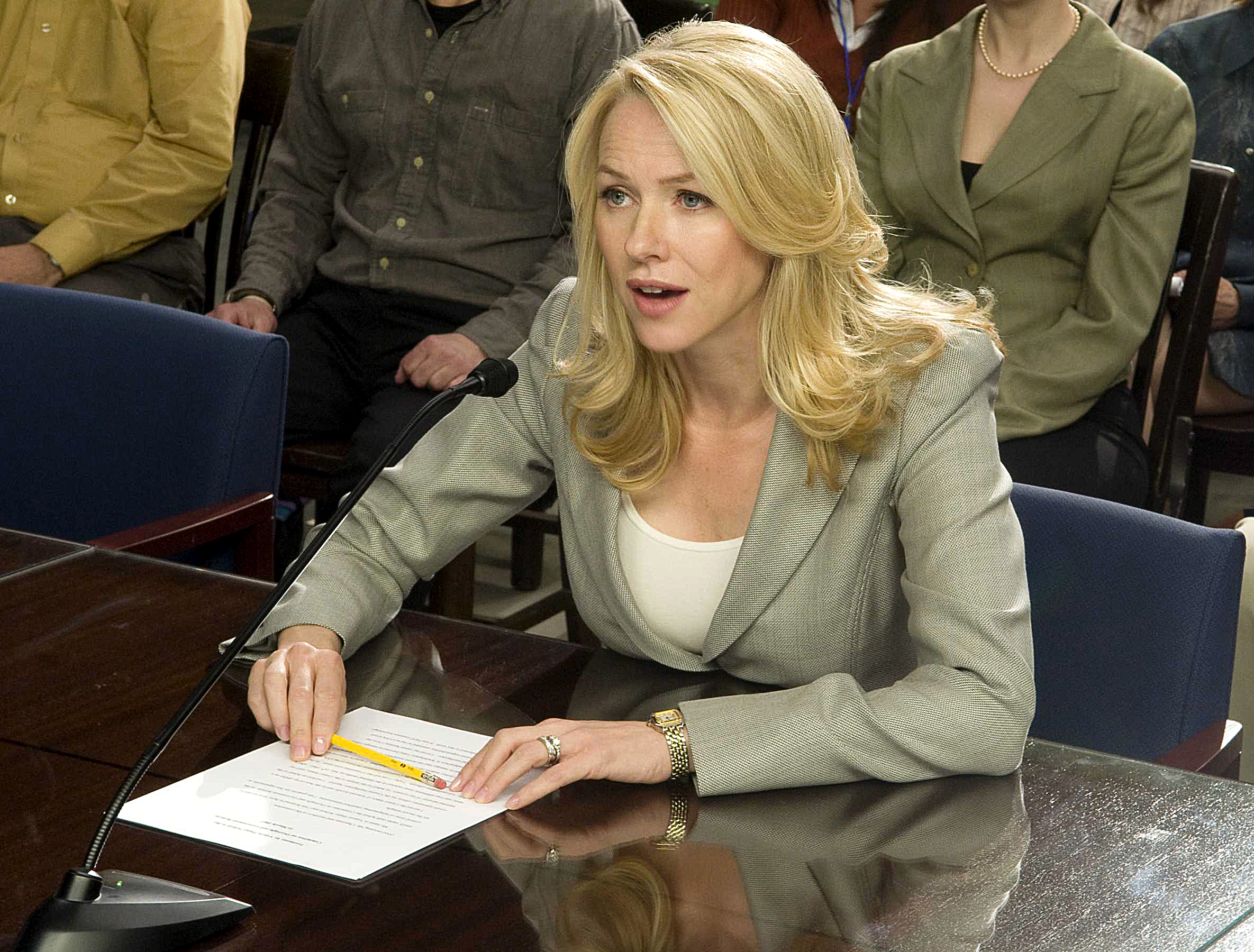Hell hath no fury like a woman scorned ““ or an agent outed. In 2003, CIA agent Valerie Plame saw her career ended when Washington Post journalist Robert Novak revealed her association with the CIA in a column for the paper.
She wrote a memoir about it, and now it’s a major motion picture.
The Burkle Center for International Relations, in partnership with the UCLA School of Theater, Film and Television, is screening “Fair Game,” the film adaptation of Plame’s memoir.
Starring Naomi Watts and Sean Penn as Plame and her husband, former United States Ambassador Joseph C. Wilson, the film depicts Plame’s personal life and the fallout following the end of her career, which has been called everything from the Plame Scandal to Plamegate.
“This film basically looks at her triple identity as an agent, a mother and a wife, and how that affected her life and her family,” said Alexandra Lieben, the deputy director of the Burkle Center.
The film is also being promoted by the School of Theater, Film and Television, which has a history of showing politically themed films, such as “Gerrymandering,” the recent documentary about redistricting of voting areas.
“It’s always nice to get a personal point of view on a historic event,” Lieben said. “You experience it emotionally, as well as factually.”
“Fair Game” offers a look at the inner workings of international relations and the decisions that shape American foreign policy and the country’s image in the world.
More importantly, it delves into an incident very close to the heart of the Iraq War. It has been argued that Plame was outed in retaliation for an article Wilson wrote about his trip to Niger to determine whether the country was selling uranium to Iraq. The argument for the Iraq War was based on the assumption that Saddam Hussein was working to build up Iraq’s supply of weapons of mass destruction.
In his 2003 New York Times op-ed piece “What I Didn’t Find In Africa,” Wilson argued that the justification for the Iraq invasion was based on facts that had been twisted to exaggerate the threat Iraq posed to American interests.
The film is informative, but it is focused on the personal story of one woman and her family.
“The argument of the school is that we believe in bringing in films of all types and all subjects to as large an audience as possible,” said David Chute, the School of Theater, Film and Television’s head of marketing.
For the Burkle Center, bringing these sorts of international issues to light is part of its mission. As stated in its mission statement, the center “fosters research on and promotes discussion of international relations, U.S. foreign policy and complex issues of global cooperation and conflict.”
“(The Burkle Center) really does zone in on international relations, both as a profession as a world mover and shaker industry,” said Danae Paterson, a recent alumna and former Burkle Center intern.
According to Paterson, students should see this film because it explores many of the misconceptions about the intelligence community and the world of espionage.
“There’s a lot of misunderstanding, especially with college-age students about what the intelligence field really means and what a career in the intelligence field really means,” Paterson said.
The glamorization of espionage in films such as Angelina Jolie’s recently released thriller, “Salt,” plays a part in this misunderstanding. Even “Fair Game” has roots in the Hollywood treatment of covert affairs. Doug Liman, the director, is best known for also directing “Bourne Identity” and for serving as an executive producer in its sequels, all starring Matt Damon.
The fact that Plame was outed by the government in a way that many, including Wilson and Plame, would argue was purely spiteful, shows a side of the intelligence industry that is not typically explored in popular culture.
“I think it shows one of the more surprising sides of the CIA,” Paterson said. “I think (it’s) a really good story for students to see if they’re considering a career in intelligence, because it really does have some ugly sides to it.”
